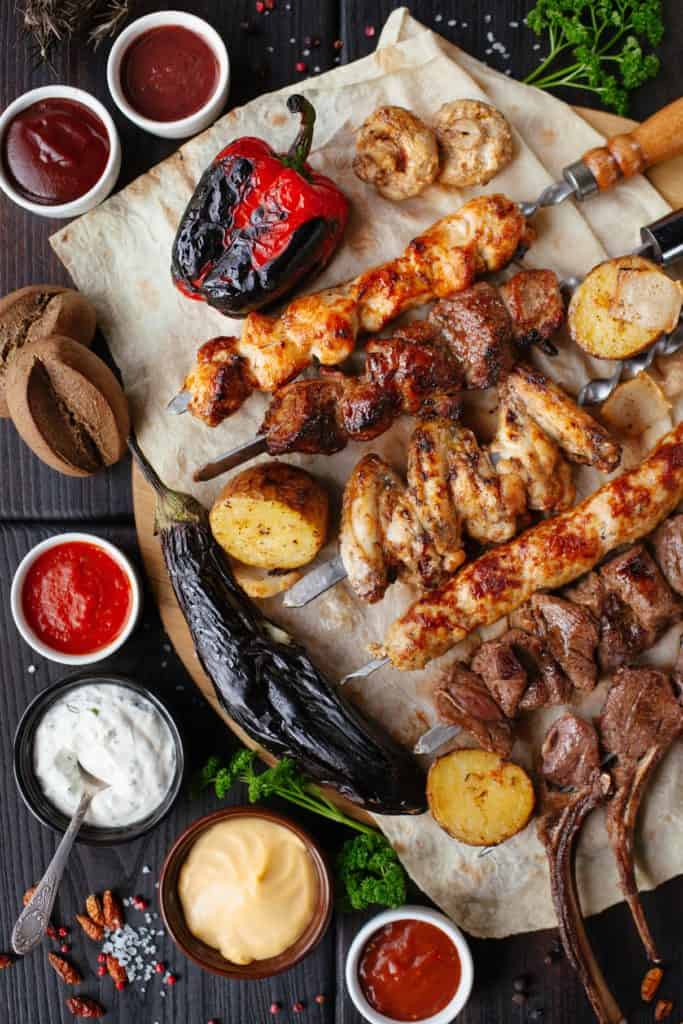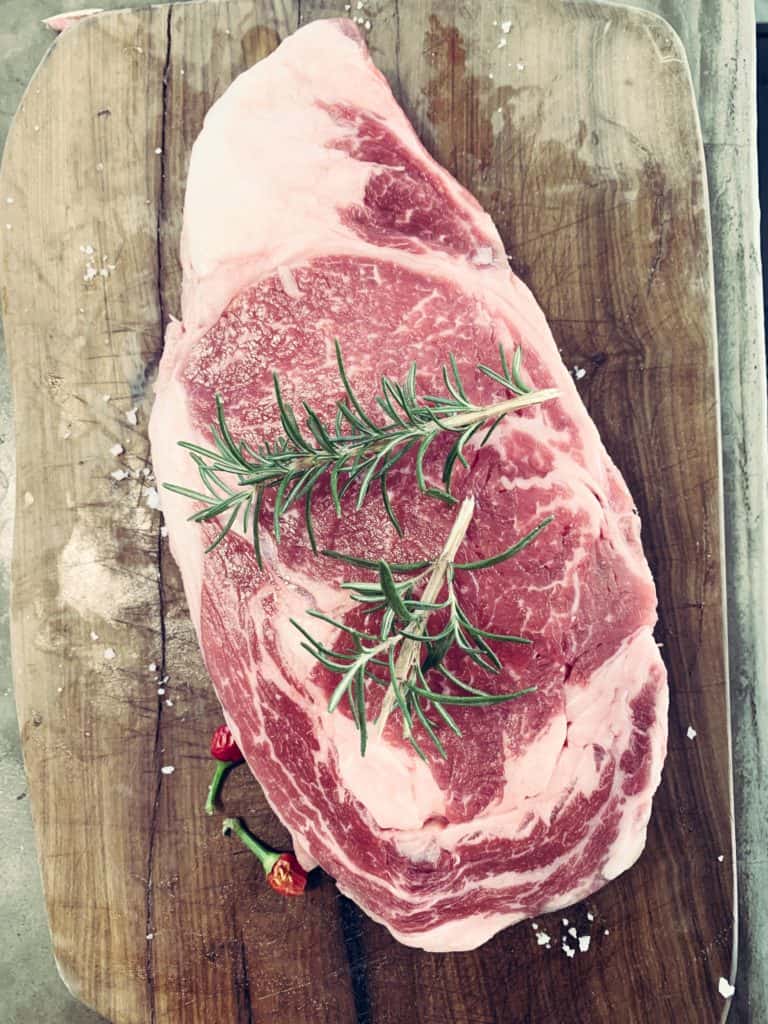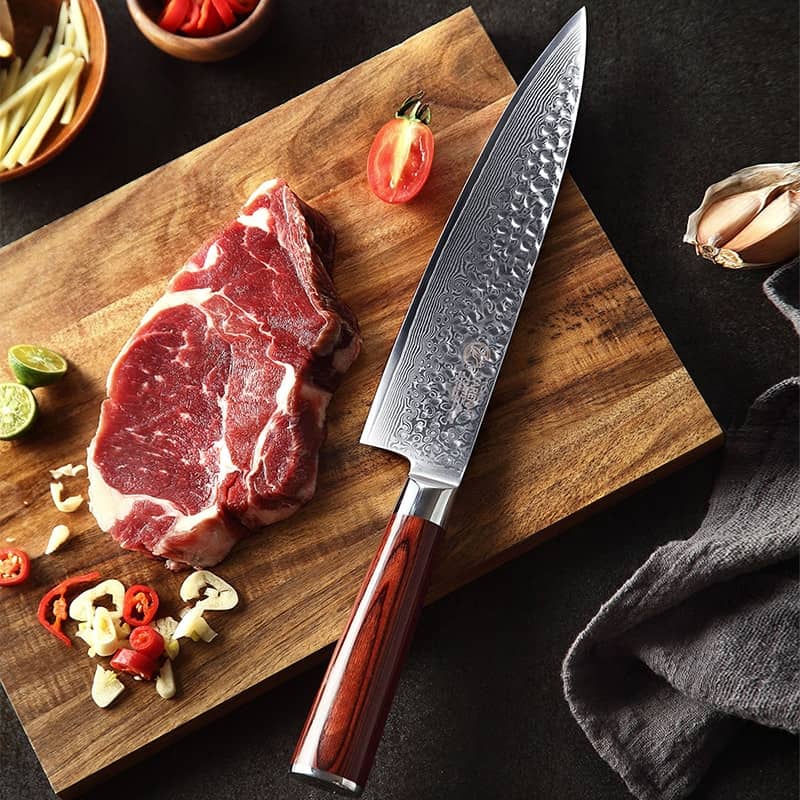
Are you a meat-eater? Well, meat is the love of many non-vegetarians, and they love to eat different animal’s meat according to their taste’s interest. However, red meat is a complete diet, and it is the food that we can consider as a nutrition-dense food. It is nutrition dense because it contains selenium, highly bioavailable iron, vitamin B12, amino acids, etc. In spite of being a healthy diet ingredient, red meat can lead to many chronical diseases. The role of beef profoundly affects people’s health who eat meat in more than an adequate amount. However, in the causing of obesity, type 2 diabetes, kidney diseases, cardiovascular diseases, and many types of cancer.

Role Of Red Meat In Daily Diet:
Here is the nutrients fact that is measured with intake with 100g of meat. Experts measured the nutrition in the percentage of daily intake reference.
- Calories: 8-9%
- Protein: 55-58%
- Fat: 10%
- Iron: 22-26%
- Zinc: 45%
- Selenium: 60%
- Vitamin B12: 65-68%
- Niacin: 55%
Role Of Meat And Cancer:
IARC is the organization that concludes the food’s role in specific diseases. They have also researched for studying the effects of processed meat on cancer. Moreover, 22 professionals were part of this research, and they all were self-nominated. Also, all members have the experience, and they also did various studies to understand the role of meat in dietary. However, the data wee animal experiments, mechanistic studies, observational studies. The study was about to identify the vital link between processed meat and the development of cancer.
Conclusion Of Studies From Animal Experiments:
Experts include animal studies to keep the record of the effect of red meat on the development of the cancer tumor. However, they didn’t find any connection between the meat-diet and development of cancer in animals. They have not seen any apparent effects taking cancer development as the reference. So, animal studies were not useful to conclude anything. Now, the researchers had to depend upon the other experiments, such as observational studies, other references, and mechanistic studies.

Mechanistic Studies:
However, mechanistic studies can not be considered as a reliable source to derive any firm conclusion, and hence other reports are essential. Mechanistic studies reported that meat could affect other non-cancer factors, and such factors can cause cancer. Therefore, some meat components are indirect factors that can lead the consumer to cancer development. So, experts concluded that the excess amount of meat-intake would not affect the cancer tumor development in animals. Hence we can say that animals have a natural resistance to cancer, and they are genetically prone. Also, they may have some chemicals that can induce disease.

IARC Report Summary:
IARC team met in 2015, October, and they have summarized all the studies and experiments in the two-page document. However, the full report was not out until March 2018, but the two-page summary was made visible publically.





